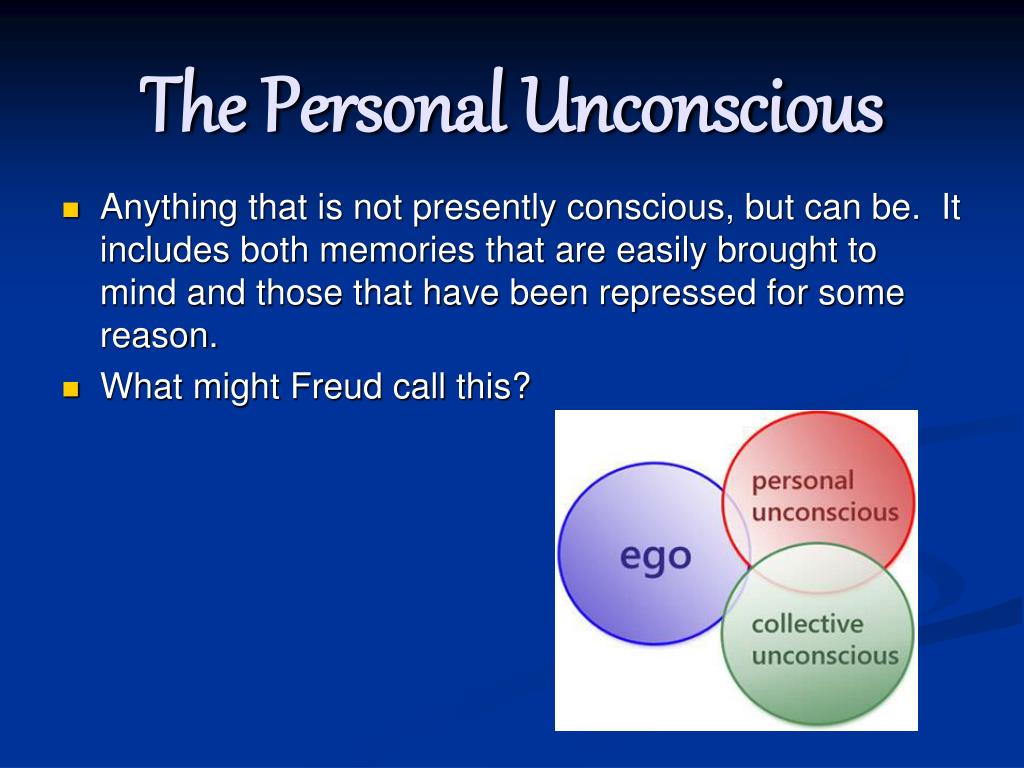Unlock Your Inner World: Diving into Carl Jung's Theory of Personality
Have you ever looked at yourself in the mirror and wondered, "Why am I like this?" Why do certain things fascinate you while others leave you cold? Why are some people introverted and others extroverted? Carl Jung, a renowned psychiatrist and psychoanalyst, dedicated his life to exploring these questions, ultimately developing a complex and fascinating theory of personality that continues to resonate with people today.
Unlike other personality theories that focus solely on our conscious thoughts and behaviors, Jung delved deeper, suggesting that our personalities are shaped by a much larger, unseen force: the unconscious. Imagine an iceberg: the tip, visible above the water, represents our conscious mind, while the vast, submerged portion symbolizes the unconscious.
Jung's theory posits that our unconscious minds are comprised of two parts: the personal unconscious, which holds our individual experiences and memories, and the collective unconscious, a universal reservoir of archetypes, or primordial images and patterns of behavior, shared by all humanity. These archetypes, such as the Hero, the Shadow, or the Wise Old Man, influence our perceptions, emotions, and interactions with the world.
But what does all this mean for you? Understanding Jungian theory can be like receiving a map to your own psyche. By recognizing your dominant functions—thinking, feeling, sensation, and intuition—and how they interact with the world, you gain valuable insights into your motivations, strengths, and weaknesses.
Exploring your personality through the lens of Jungian archetypes can also be incredibly illuminating. Recognizing the archetypal patterns that influence you can help you understand your behaviors and tendencies, fostering greater self-awareness and personal growth. It's like holding up a mirror to your soul, revealing the hidden forces that shape your unique personality.
Advantages and Disadvantages of Jungian Theory
| Advantages | Disadvantages |
|---|---|
| Provides a rich, in-depth understanding of personality | Can be complex and difficult to grasp fully |
| Emphasizes the importance of the unconscious mind | Lacks empirical evidence in some areas |
| Offers valuable insights for personal growth and self-discovery | Can be seen as overly deterministic by some critics |
Jungian theory offers a powerful framework for understanding the human psyche, but it's not a one-size-fits-all solution. Its complexity and lack of empirical support in certain areas can make it challenging to apply directly. However, its emphasis on self-discovery, the unconscious, and the interplay of psychological functions provides invaluable tools for personal growth and a deeper understanding of ourselves and others.
Whether you're a seasoned psychology enthusiast or simply curious about what makes you tick, exploring Carl Jung's theory of personality can be an enriching journey of self-discovery. While it's not without its criticisms, the theory's enduring popularity and influence speak to its ability to resonate with individuals seeking a deeper understanding of themselves and the human condition.
The power of pictures understanding anxiety through art
Indonesian private vs public universities navigating the higher education landscape
Unleashing the fire boy names inspired by dragons


_cover.jpg)






:max_bytes(150000):strip_icc()/the-myers-briggs-type-indicator-2795583_FINAL-5c4b6112c9e77c00014af95f.png)



